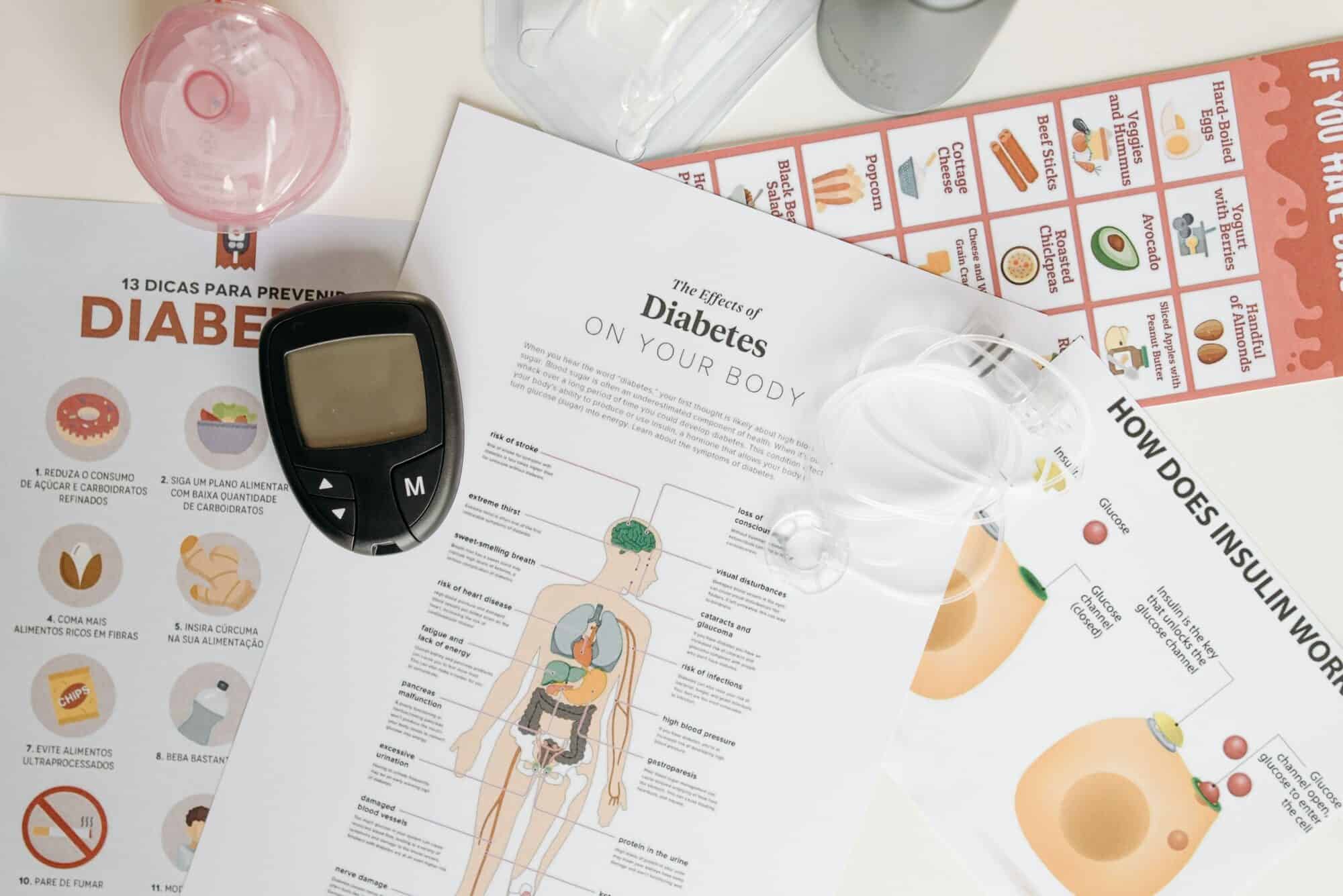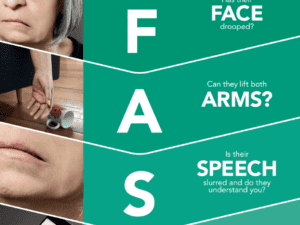Diabetes is a chronic disease characterised by varying levels of insulin resistance cause episodes of high blood glucose, commonly known as hyperglycaemia. It is estimated that approximately 1.8 million Australians currently have Type 2 diabetes, with 1 person developing diabetes every 5minutes!
What are the types of diabates
- Type 1 Diabetes: This type is an autoimmune disease, meaning your body attacks itself. In this case, the insulin-producing cells in your pancreas are destroyed. Up to 10% of people who have diabetes have Type 1. It’s usually diagnosed in children and young adults (but can develop at any age). People with Type 1 diabetes need to take insulin every day.
- Type 2 Diabetes: With this type, your body either doesn’t make enough insulin or your body’s cells don’t respond normally to the insulin. This is the most common type of diabetes. Up to 95% of people with diabetes have Type 2. It usually occurs in middle-aged and older people. Other common names for Type 2 include adult-onset diabetes and insulin-resistant diabetes.
- Pre-diabetes: This type is the stage before Type 2 diabetes. Your blood glucose levels are higher than normal but not high enough to be officially diagnosed with Type 2 diabetes.
- Gestational Diabetes: This type develops in some women during their pregnancy. Gestational diabetes usually goes away after pregnancy. However, if you have gestational diabetes you’re at higher risk of developing Type 2 diabetes later on in life.
Physical Activity and Diabetes
There are many factors that influence a person’s risk of developing Type 2 diabetes such as physical inactivity, family history and poor dietary and lifestyle habits. Increasing physical activity levels can reduce the incidence of Type 2 diabetes sufferers by almost 60% in people at risk. Not only can exercise decrease the likelihood of developing the disease, but can also improve the management of blood glucose levels, decrease body fat and reduce the risk of developing heart disease. As diabetes sufferers age, the benefit of maintaining muscle mass through exercise also correlates to improved physical function and independence.
Diabetes Awareness
With National Diabetes week running from the 10-17th of July 2022, we at MET Phys are looking to raise awareness. We have a crazy sock competition running throughout the week, where we encourage everyone to wear their coolest, wildest socks into the clinic for their sessions!
If you are looking for more information or support, please contact us at MET Phys on 07 4599 3165.




